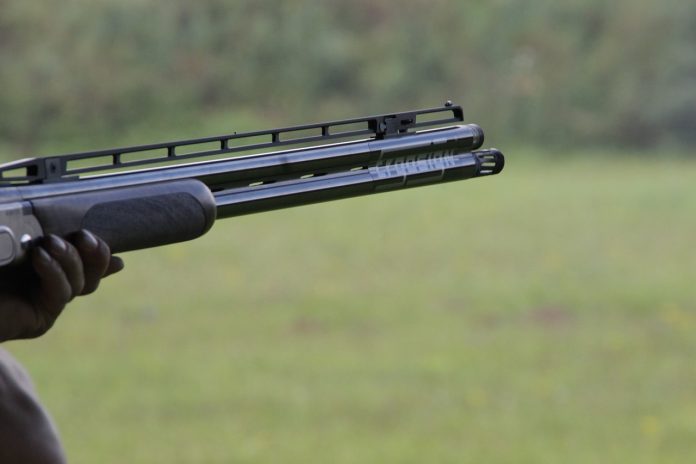With fall hunting seasons approaching and the shotgun sports, such as trap shooting, midway through the best part of summer events, the need for good eyesight and well-learned scattergun shooting skills are more apparent than ever.
Rifle shooters can close one eye, which makes it much easier to sight.
Pistol shooters and archers too can handle aiming shores with one eye shut, but what about putting shotgun pellets on target?
Shotgun shooting, especially, is a two-eyes-open challenge. It’s called pointing, not aiming, and it is all about focusing on a moving target.
Quickly now, without acquiring a bull’s-eye, pointing the barrel of the shotgun, in a coordinated moving action, into the path of a flying target.
The field of view, the speed and the distance are all parts of the equation, and that means two eyes open from start to finish.
The dominant eye
But even with both eyes open, it really requires a dependence on one’s master, or dominant eye.
That’s right, although both eyes may be open, just one of them is the boss and it is the eye that must, without question, be looking right down the shotgun barrel.
The result is that where the dominant eye goes, so goes the barrel. From a reliable outdoor news source, comes this explanation.
Eye dominance is a phenomenon that comes up frequently in shooting sports, but what exactly is it?
Although many of us have one eye that is stronger than the other in terms of vision, that is actually not the root of eye dominance.
The prescription from your optometrist or the corrective lenses you wear play no role whatsoever in determining which eye to keep open when firing.
Instead, eye dominance exists on a neurological level. It is actually a better developed optic nerve that creates a dominant eye.
Interestingly, being a right-handed shooter does not make a shooter right eye dominant. There are plenty of people who are left-eye dominant despite being right-handed. It’s called cross-dominance.
The results of having anything less than a dependable dominant eye can be frustrating.
Here’s an example. I like to shoot trap. A round of trap, usually shared with other shooters, consists of five stations from which the shooter attempts to break five thrown targets at each.
I usually do pretty good the first round and sometimes well into the second round, then I start missing.
I’ve determined that indeed, my master eye gets tired, and when it happens my other eye takes over and it is looking everywhere but down the barrel of my shotgun.
My remedy is to place a small piece of transparent tape on the left lens of my eyeglasses, which makes the right eye consistently take charge because my left eye can’t bring the target into focus. Works like a charm.
Testing for dominance
To determine your dominant eye, locate an object that is at least 10 feet away from you. Extend one arm and point your pointer finger or thumb up.
Line it up with the targeted object with both eyes open. Close one eye at a time and watch what the image does.
It will stay in line with the dominate eye open but move to the side with just the non-dominate eye open.
Take the test, it may explain away missed shotgun targets.












